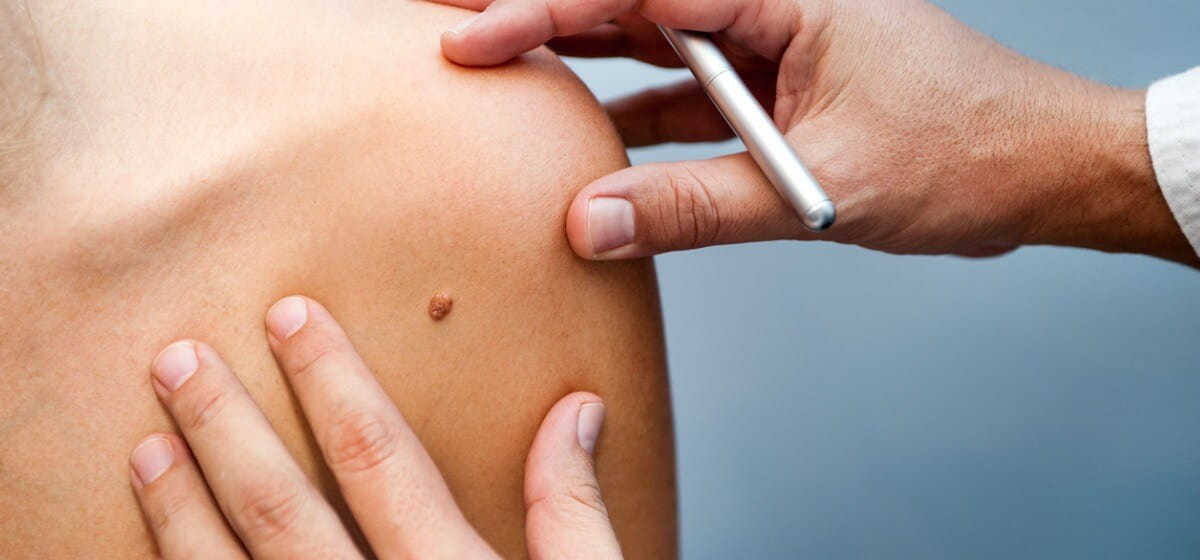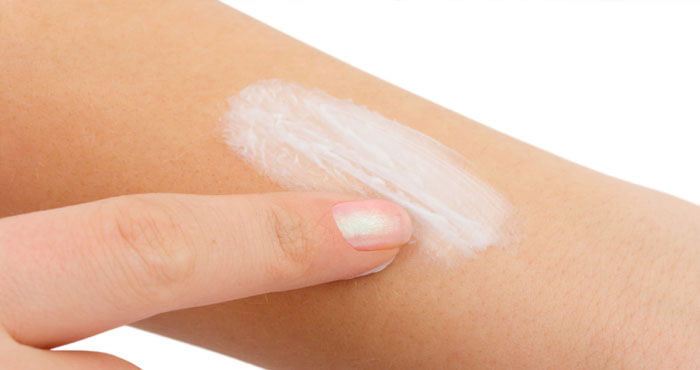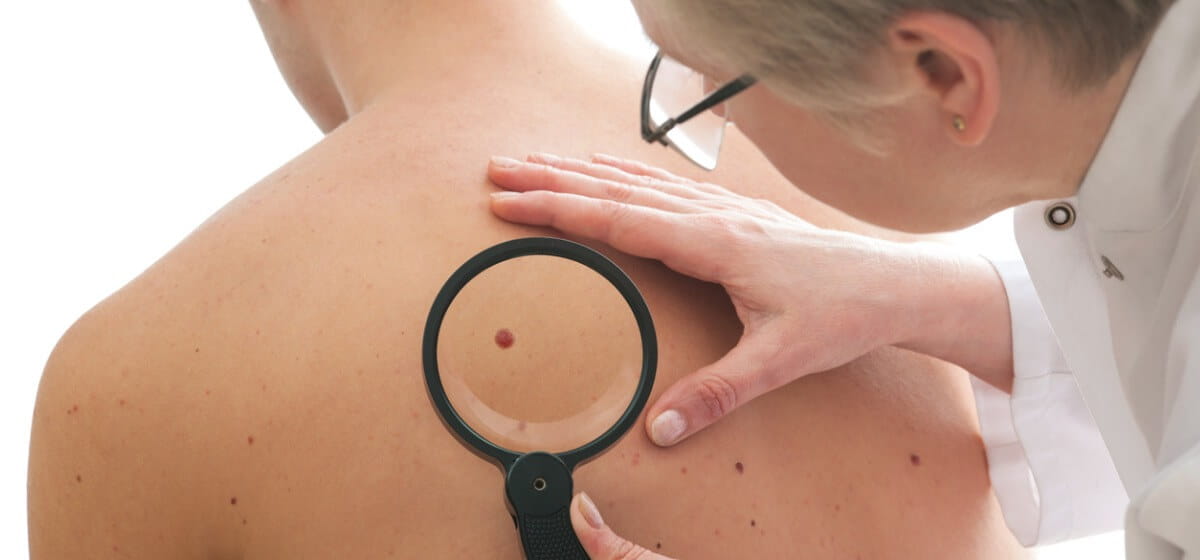4 Things Men Need to Know about Skin Cancer

According to the American Academy of Dermatology, men are more likely to die of melanoma — the most serious form of skin cancer — than women. One of the reasons seems to be that men typically don’t know as much about skin cancer as women do. For example, men are less aware that a base tan can’t protect you from the sun’s damaging rays or that cancer can develop on skin that rarely is exposed to sunlight.
Many men also either don’t know about or don’t follow four important actions for preventing skin cancer.
Men: Protect Yourselves from Skin Cancer by Taking These Simple Steps
Depending on the type and how far it’s progressed, skin cancer can be treated successfully in many cases. However, the truth is that it’s far better to prevent it in the first place.
These four steps are crucial in lowering your skin cancer risk:
1. Wear sunscreen.
Men tend to be less likely than women to use sunscreen for multiple reasons. One is that men generally don’t like the feel of lotion on their skin. Another is that the makeup, moisturizers, and other skincare products women use often have sunscreen in them, so they get sun protection by default. But applying sunscreen is a habit that can be learned. Be sure to use one with a sun protection factor (SPF) of 30 or higher. Sunscreens with zinc oxide or titanium dioxide are ideal, as they provide broad-spectrum protection.
2. Wear protective clothing.
Wearing long-sleeve shirts and pants instead of shorts helps protect you from the sun’s rays. And for men — especially those with thinning hair — wearing a hat is important to protect the scalp, where many cancers develop. While baseball caps are helpful, a hat with a wide brim that shades the ears and neck is better.
3. Look at your skin regularly.
Before or after showering is a great time to check for skin issues. And doing that frequently makes it easier to spot an area that’s changing, which can be a sign of skin cancer. Look for moles, bumps, or spots that are growing, irregularly shaped, multicolored, or prone to bleeding. And while it’s not the way we often think of this phrase, “Watch your back!” is good skin cancer prevention advice. If possible, have a friend or family member check you periodically for anything concerning. You can also look at your back in your bathroom mirror using a hand mirror.
4. Get regular skin exams from your doctor.
Everyone should get a head-to-toe skin check from their doctor regularly. Men who have a family history of melanoma, have had blistering sunburns in the past, or tan regularly should see a dermatologist every year for a thorough skin cancer screening.
Melanoma Can Be Deadly
One other misconception that many men — and people in general — have about skin cancer is that if they develop it, there are simple procedures to fully remove it. Some small skin cancers can indeed be removed. Unfortunately, melanoma specifically can spread to other parts of the body. At that point, it’s difficult to treat and can be fatal.
That’s why being proactive is so important. The earlier you catch skin cancer, the better your outcome will be.
Learn About Cancer Care at Baptist Health
Whether you have a small, easily treated skin cancer or something more serious, the cancer experts at Baptist Health can develop a personalized strategy to help you fight the disease effectively. If you have questions about skin cancer prevention or treatment, find a provider today.
Next Steps and Useful Resources:
Quick Guide to Better Sleep
Can Men Get Breast Cancer?
What to Expect After a Vasectomy



